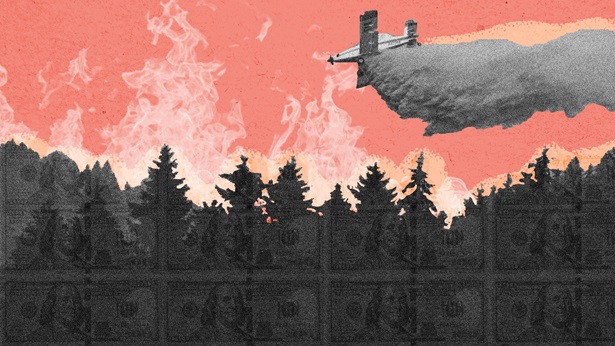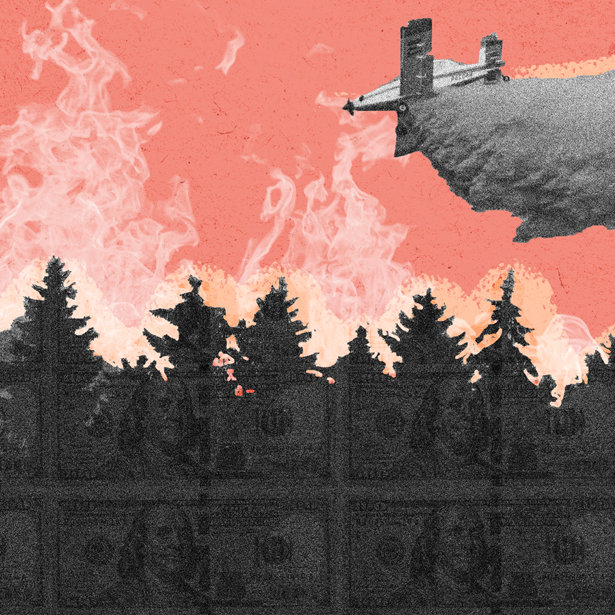Congress Can Improve Budgeting for Wildfire Management
Coalition of experts endorses Wildland Fire Mitigation and Management Commission funding recommendations
In a Feb. 16 letter to congressional leaders, experts from four organizations, including The Pew Charitable Trusts, highlighted ways federal lawmakers can implement recommendations—identified in the Wildland Fire Mitigation and Management Commission’s final report to Congress—to improve the transparency and effectiveness of wildfire budgeting and funding. The available information about federal wildfire expenditures is currently limited and fragmented, which impedes oversight and decision making for policymakers seeking to mitigate and manage those costs.
The letter also endorsed recommendations calling for consistent federal investments in wildfire mitigation to help manage spending over the long term and for efforts to encourage mitigation investments at the state and local level.
The letter was co-signed by the Federation of American Scientists, Megafire Action, and Taxpayers for Common Sense. The commission’s final report to Congress also reflects input from all four signatories.
###
February 16, 2024
|
The Honorable Mike Johnson |
The Honorable Charles Schumer |
Dear Speaker Johnson and Leaders Jeffries, Schumer, and McConnell:
We are a coalition of nonprofit organizations writing to voice our strong support for Congressional action to improve wildland fire budgeting and funding. We commend the Wildland Fire Mitigation and Management Commission (the Commission) for including consensus recommendations on this topic as part of their final report to Congress. As you and your colleagues review and work to implement the Commission’s recommendations, we urge you to support and include budget-related recommendations, a list of which can be found in this letter.
The need for greater transparency and effectiveness of wildfire funding is urgent. In recent years, Congress has allocated historic levels of funding to help the nation address wildland fire: combined wildfire funding for The Department of the Interior and the U.S. Forest Service doubled from fiscal year 2011 to 2020. And Congress has made generational investments in wildland fire risk reduction, suppression, and recovery, with at least $7 billion of funding made available. However, insufficient tracking of this spending across agencies and programs, inconsistent agency budget structures, and a lack of comprehensive metrics for success make accountability and evaluation of these investments extremely challenging.
Our organizations’ research and recommendations support the need for coordinated, bipartisan action so that Congress, federal, state, and local agencies, wildland firefighters, nonprofits, and the private sector understand where taxpayer funds are being spent and what interventions are achieving the intended results. The Pew Charitable Trusts’ research highlighted the complexity of wildfire spending, the need to improve the available data, and the impact of wildfire spending on state fiscal policy. Taxpayers for Common Sense, a nonpartisan budget watchdog that works to ensure that taxpayer dollars are spent responsibly, published a report that provides the history and an analysis of federal wildfire spending and makes recommendations for improved cost-effectiveness, budget transparency, and accountability. The Federation of American Scientists (in partnership with Resources for the Future) developed a data visualization tool to break down the current landscape of federal funding and has written about federal agency budget structures. All of these works were cited in the Wildland Fire Mitigation and Management Commission’s report. Megafire Action, a nonprofit organization advocating for policies to address catastrophic wildland fire, has been advocating for robust and predictable federal investment in hazardous fuels mitigation and new laws to better harness wildfire science and technology.
Through its consensus-based and expert-informed process, the Commission has set the groundwork for moving the needle on urgent, holistic changes to wildland fire policy. Please consider our organizations as a resource as you work to translate the Commission’s recommendations into action. Below is a list of recommendations among the 148 presented by the Commission related to wildfire funding and budgeting that have our support and where our organizations can provide further information:
- R1 – Congress should establish a Community Wildfire Risk Reduction Program via an interagency
coordinating partnership including the U.S. Forest Service, the Federal Emergency Management Agency, the United States Fire Administration, the Office of Wildland Fire on behalf of the Department of the Interior’s land management agencies, and the National Institute of Standards and Technology as principal agencies, to proactively address wildfire risk reduction actions and increase ignition resistance of the built environment.
- R3 – Congress should explore, expand, and create incentives to encourage state, local, and Tribal governments to improve land use planning to reduce the risk of wildfires to homes and other community development.
- R120 – Congress should provide advanced appropriations for wildland fire mitigation and management on a multi-year, rather than annual, cycle.
- R122 – Congress should authorize the U.S. Department of Agriculture and the Department of the Interior, within their respective Wildland Fire Management appropriations, to fund pre- and post-fire project work using the current “fire response” sub-activities in each department.
- R123 – Congress should fund budget offices to create “crosscuts” to better track all federal wildfire spending.
- R124 – Congress should ensure balanced, robust funding for pre-fire mitigation and post-fire restoration is included as part of the wildland fire budget.
- R130 – While funding levels in the Inflation Reduction Act and the Infrastructure Investment and Jobs Act are historic contributions to wildfire risk reduction, investments at a similar and sustained scale in federal land management agencies and programs are needed to successfully and proactively reduce growing wildfire risk.
- R132 – Congress should ensure that agencies have sustained funding to maintain wildfire risk and resilience improvements.
- R134 – Congress should incentivize state, local, and Tribal government development of dedicated revenue streams to support wildfire mitigation and management. The Commission encourages more states and localities to provide approval of such local revenue streams to bring more dedicated resources into play in reducing the risk of wildfire.
- R142 – Increase accessibility of federal grants for community wildfire risk reduction and post-fire recovery efforts.
- R147 – Change the system of land management agency performance metrics beyond acres treated, timber volume output, or acres burned to measure success. Success should be measured by outcomes such as the number of protected assets, values, and resources, and the degree to which forests and rangeland are returned to and maintained in a more resilient state.
We commend the Wildland Fire Mitigation and Management Commission for their landmark report. As you and your colleagues review and work to implement the Commission’s recommendations, we urge you to support and include the above budget-focused recommendations. Please do not hesitate to reach out to our organizations as a resource as you work to translate these Commission recommendations into action.
Sincerely,
The Pew Charitable Trusts, The Federation of American Scientists, Megafire Action, Taxpayers for Common Sense


America’s Overdose Crisis
Sign up for our five-email course explaining the overdose crisis in America, the state of treatment access, and ways to improve care
Sign up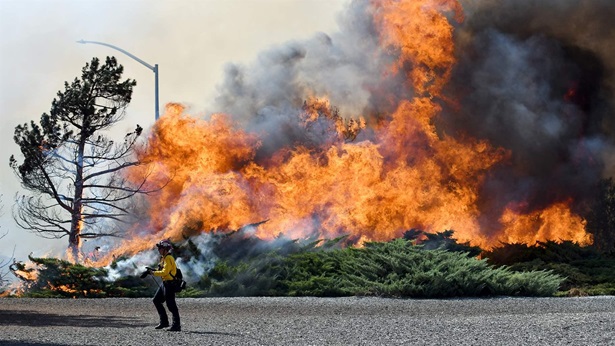
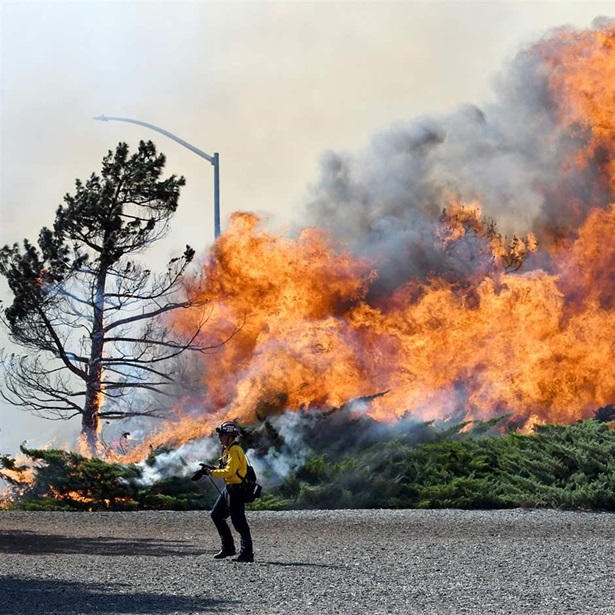
Improving Accounting of Wildfire Spending and Mitigation
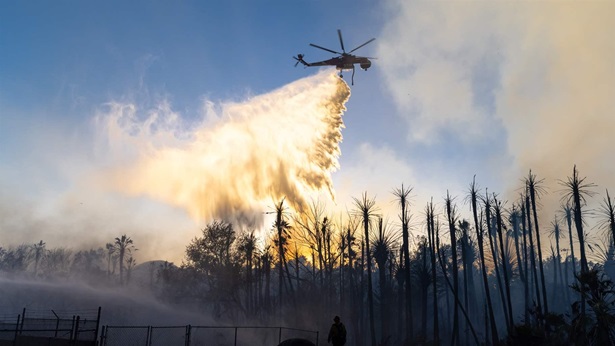
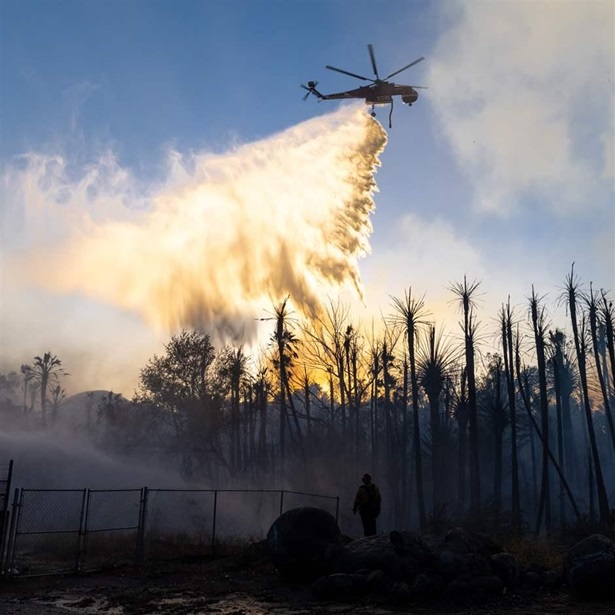
New Roadmap Shows How to Better Manage Wildfire Costs
